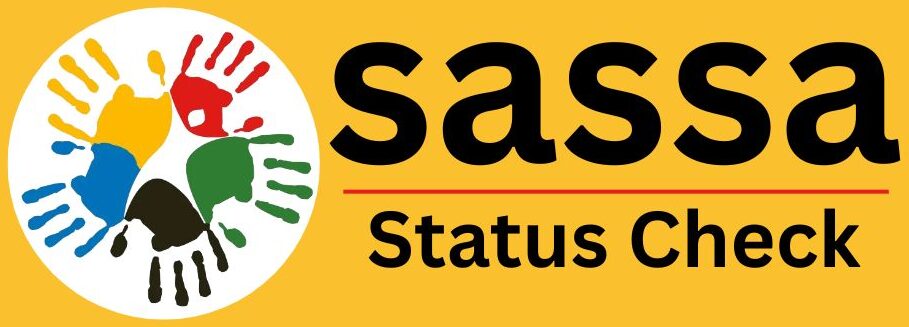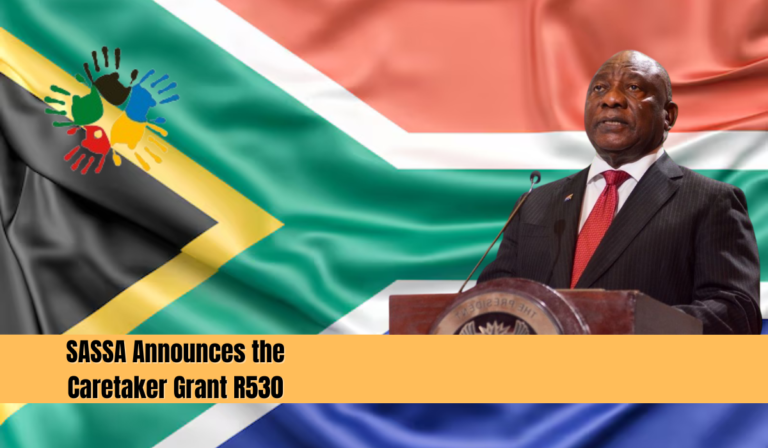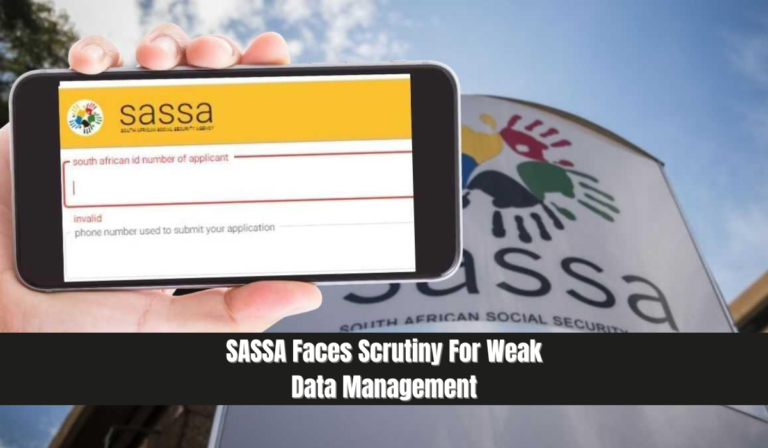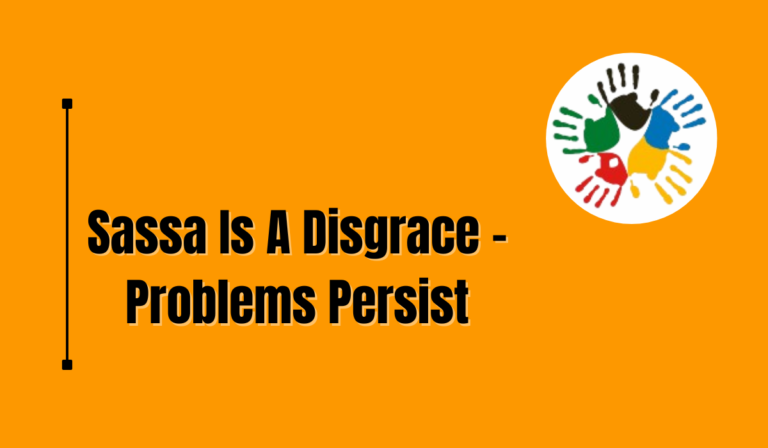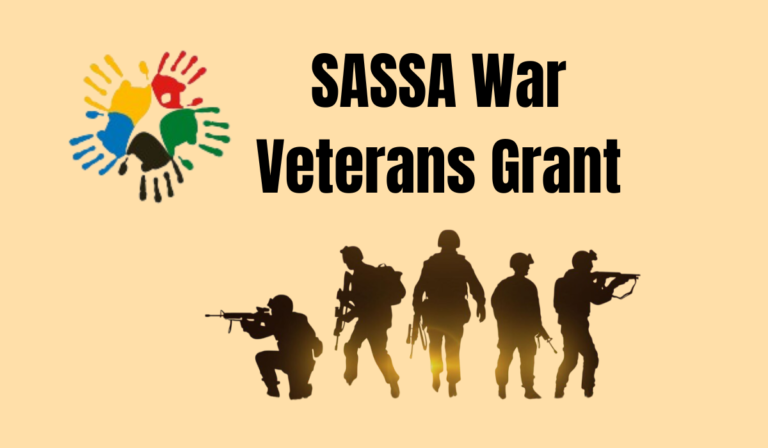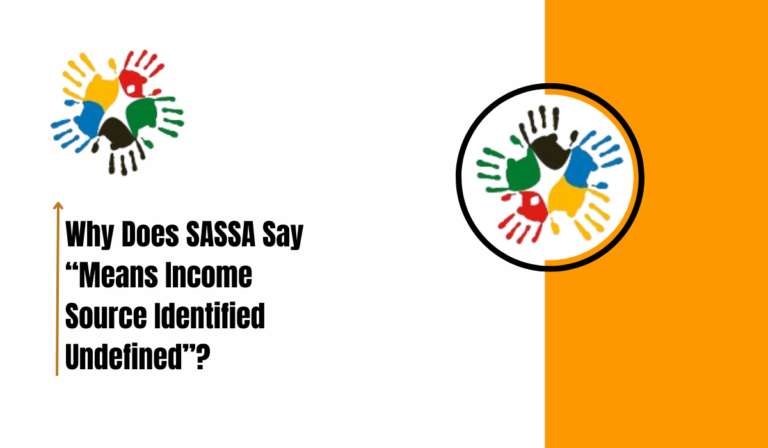Nearly Half Of Recipients Of R370 SRD Grants Are Not Regularly Paid
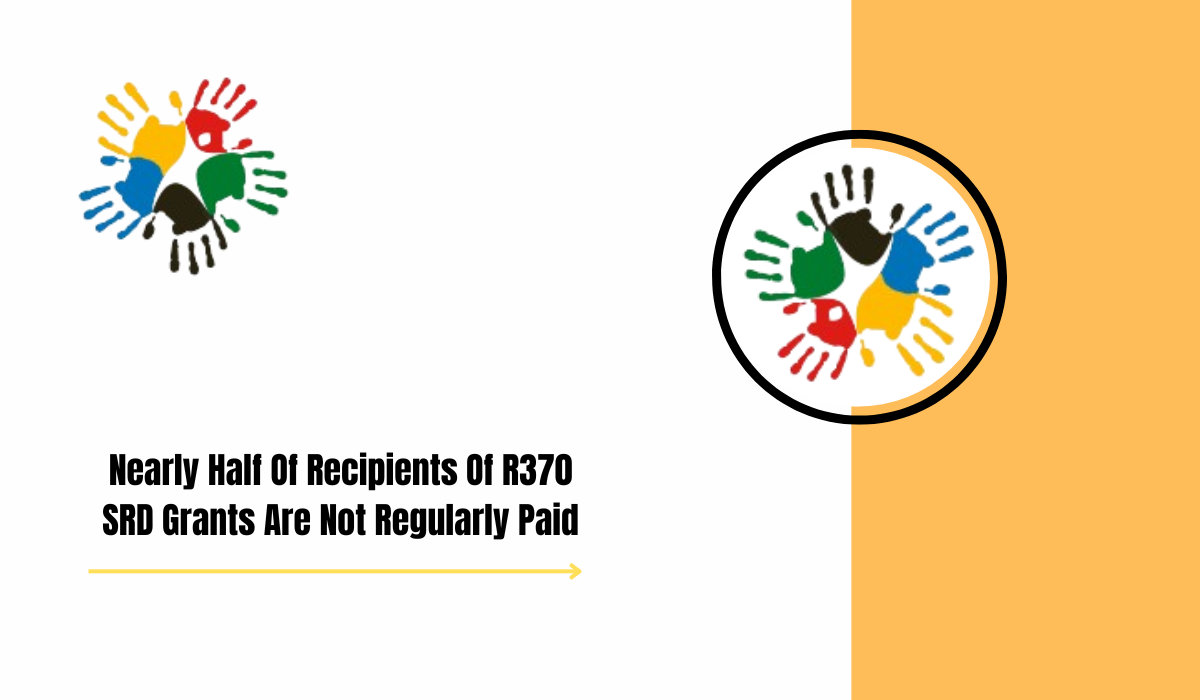
Nearly Half Of Recipients Of R370 SRD Grants Are Not Regularly Paid. The R370 Social Relief of Distress (SRD) Grant was introduced to provide critical support to unemployed individuals during and after the COVID-19 pandemic. However, new research reveals a troubling reality: nearly half of SRD grant recipients are not paid regularly. This inconsistency raises concerns over access, eligibility, and the application process that many believe is failing the people it was designed to help.
A recent report from the Institute of Economic Justice (IEJ) highlights that a flawed system and complex processes have left many vulnerable South Africans without the assistance they desperately need.
Let’s explore this in more detail.
Why Are Beneficiaries Missing Out?
The Institute of Economic Justice (IEJ) conducted a study sampling just over 1,000 individuals across South Africa, including both approved SRD grant beneficiaries and applicants. The findings were stark: 44.5% of grant recipients did not receive their payments regularly due to administrative problems and banking verification issues.
“The key finding of the report is that the grant is not accessible, especially to those who need it most.” – Kelle Howson, Senior Researcher at IEJ
Common Reasons for Non-Payment
| Reason for Non-Payment | Percentage or Impact |
|---|---|
| Banking and admin issues | Affected 44.5% of approved recipients |
| Failed bank verification | Responsible for 80% of all rejected applications |
| Application process misunderstanding | 25% of eligible people believed they didn’t qualify |
| Smartphone/digital access issues | Particularly affected rural and low-income users |
| Misleading application questions | Led to unintentional disqualification |
The Role of SASSA in Grant Rejections
The South African Social Security Agency (SASSA) plays a key role in managing SRD grants, but its automated system and stringent means test are often barriers rather than bridges.
For instance, SASSA considers any alternative income—even temporary or non-personal—as grounds for disqualification. This includes:
- Child maintenance
- One-time donations
- Informal loans
- Household money transfers
- Money held on behalf of others
This broad categorization has led to many wrongful rejections of genuinely eligible individuals.
Appeal Process Success Rate
The SRD grant appeal process also shows alarming inefficiency. Only 5.3% of applicants who appealed a rejection were successful, with 98% of appeals in 2024 being automatically rejected without reviewing new evidence.
The Court Ruling That Challenged the System
In January 2024, High Court Judge Leonard Twala ruled that the existing SRD regulations were unconstitutional. The court ordered the Department of Social Development to raise the income threshold and increase the grant amount, paving the way for better access.
However, many issues remain unresolved, particularly the misleading application questionnaire.
According to IEJ, the questionnaire often leads applicants to indicate they have “means” when they don’t. This contradicts simpler income-related questions asked during IEJ’s research, suggesting that SASSA digital system may be discouraging honest responses.
Digital Divide: A Barrier for the Most Needy
The digital application process, although convenient for some, is a major barrier for rural and low-income individuals. Many people don’t have access to smartphones or stable internet connections. Language barriers and low levels of education further compound the problem.
This means that millions of eligible applicants are excluded not due to ineligibility, but because of technological and bureaucratic hurdles.
Who Are the Affected Individuals?
The IEJ report estimated that while 18 million people are eligible for the SRD grant, only 8 million have been approved under the current qualification criteria since April 2022.
That’s a 10 million person gap—individuals who desperately need help but are either misinformed, digitally excluded, or wrongfully disqualified.
Real Story: Samuel Ndlama’s Struggle
Take the case of Samuel Ndlama, a 35-year-old Zimbabwean refugee residing in South Africa. With no job during the height of the pandemic, he was hopeful after a court ruling allowed asylum seekers and special permit holders to apply for the SRD grant.
He applied after hearing about the opportunity from a friend. However, despite having no income, he was told he had an “alternative source of income.” He appealed in 2023 but received the same rejection. Eventually, he gave up on the system.
The Flawed Eligibility Criteria
One major issue with the SRD grant is its financial threshold. The rule states that an applicant must earn less than R624 per month. However, IEJ’s data shows that many people who earn above this figure still live in severe poverty.
Poverty Line Classification (Based on IEJ Data)
| Classification | Monthly Income | Access to Grant |
|---|---|---|
| Below Food Poverty Line | Under R624 | Eligible |
| Between Food and Upper Bound Line | R625 – R1,335 | Not Eligible |
| Above Upper Bound Line | Over R1,335 | Not Eligible |
The flaw here is that someone earning R650/month, though technically disqualified, may still be unable to meet basic needs, especially in urban areas where living costs are higher.
IEJ Recommendations: What Needs to Change
To address these pressing issues, the IEJ has made several policy recommendations:
- Adjust the eligibility threshold to account for inflation and cost of living.
- Simplify and clarify the application questionnaire to prevent misinterpretation.
- Provide non-digital application methods for those without smartphones or internet access.
- Eliminate automated rejections in the appeal process to allow new evidence.
- End excessive banking surveillance, especially for low-income individuals.
- Increase public awareness about eligibility and application steps.
The Way Forward: Hope Through Reform
The #PayTheGrants campaign and civil society organizations like IEJ continue to push for reform. Their legal action in 2024 brought attention to the unfair income questions on the application form, demanding that they be declared unlawful and unconstitutional.
This is a step in the right direction, but real impact will only be felt when policy is aligned with the lived realities of South Africans and marginalized communities, including refugees and asylum seekers.
Conclusion
The SRD grant was designed to be a lifeline—but for millions, it’s out of reach due to flaws in policy, technology, and administration. The findings from the IEJ shine a necessary spotlight on the structural barriers, digital inequalities, and policy shortcomings that must be urgently addressed.
